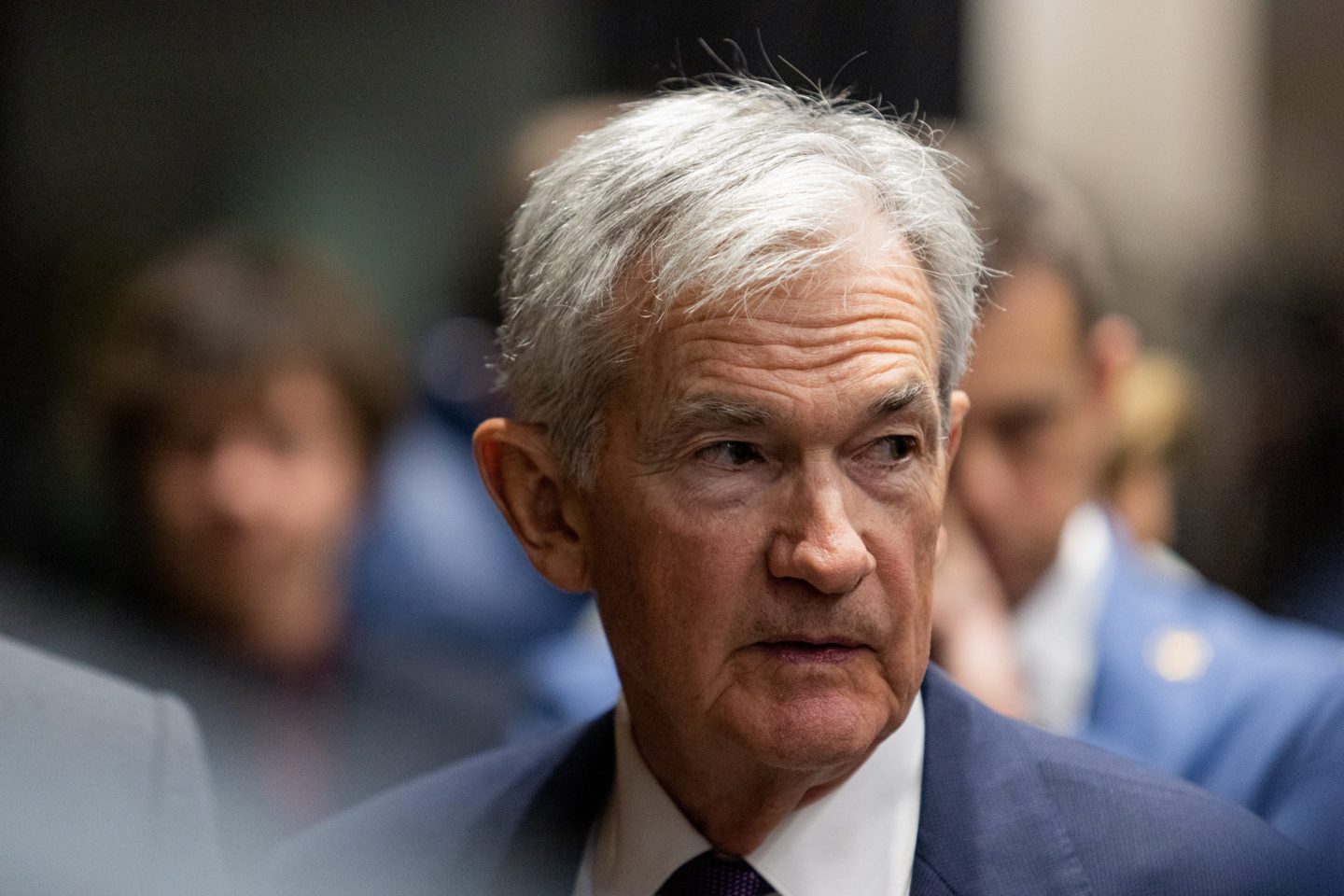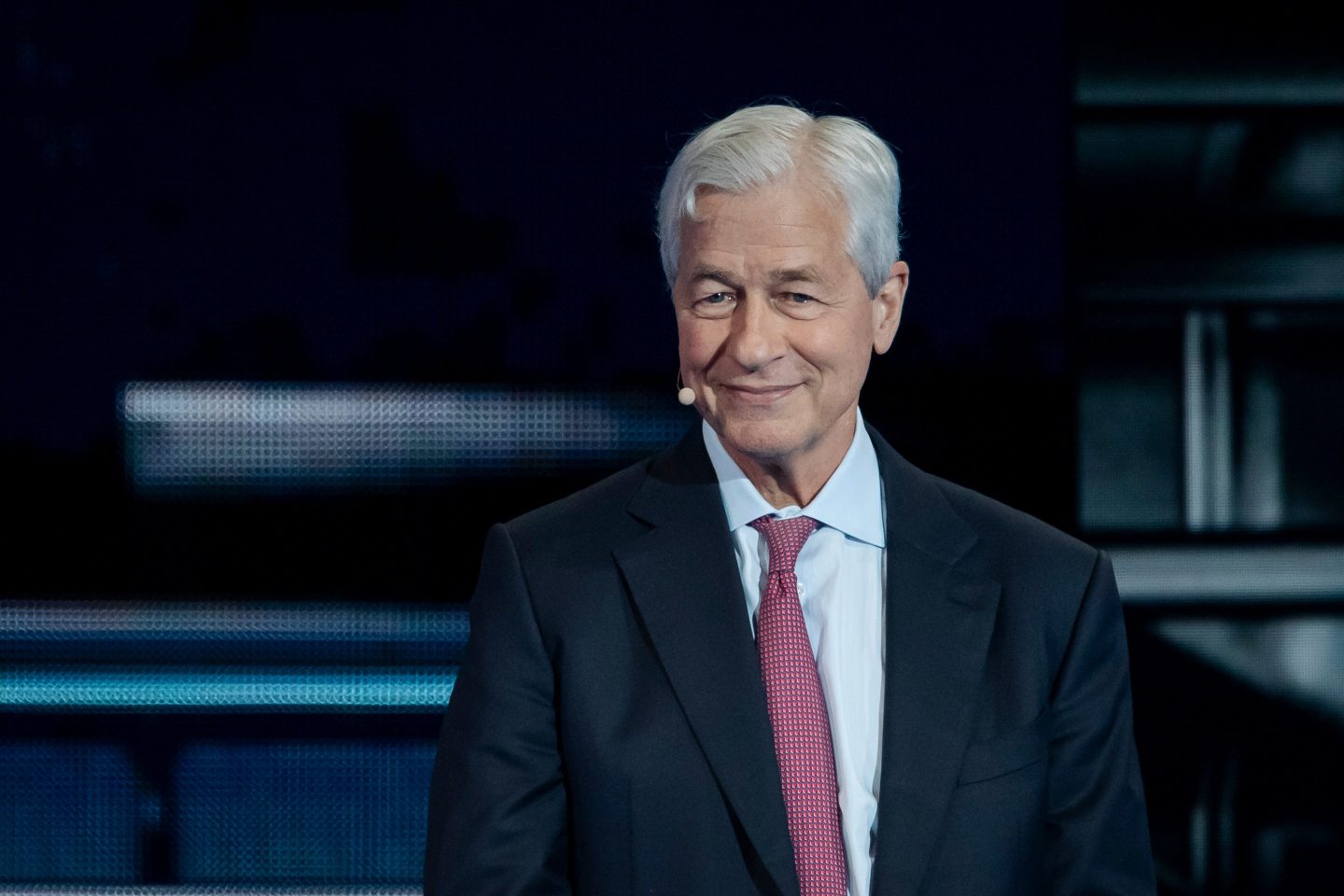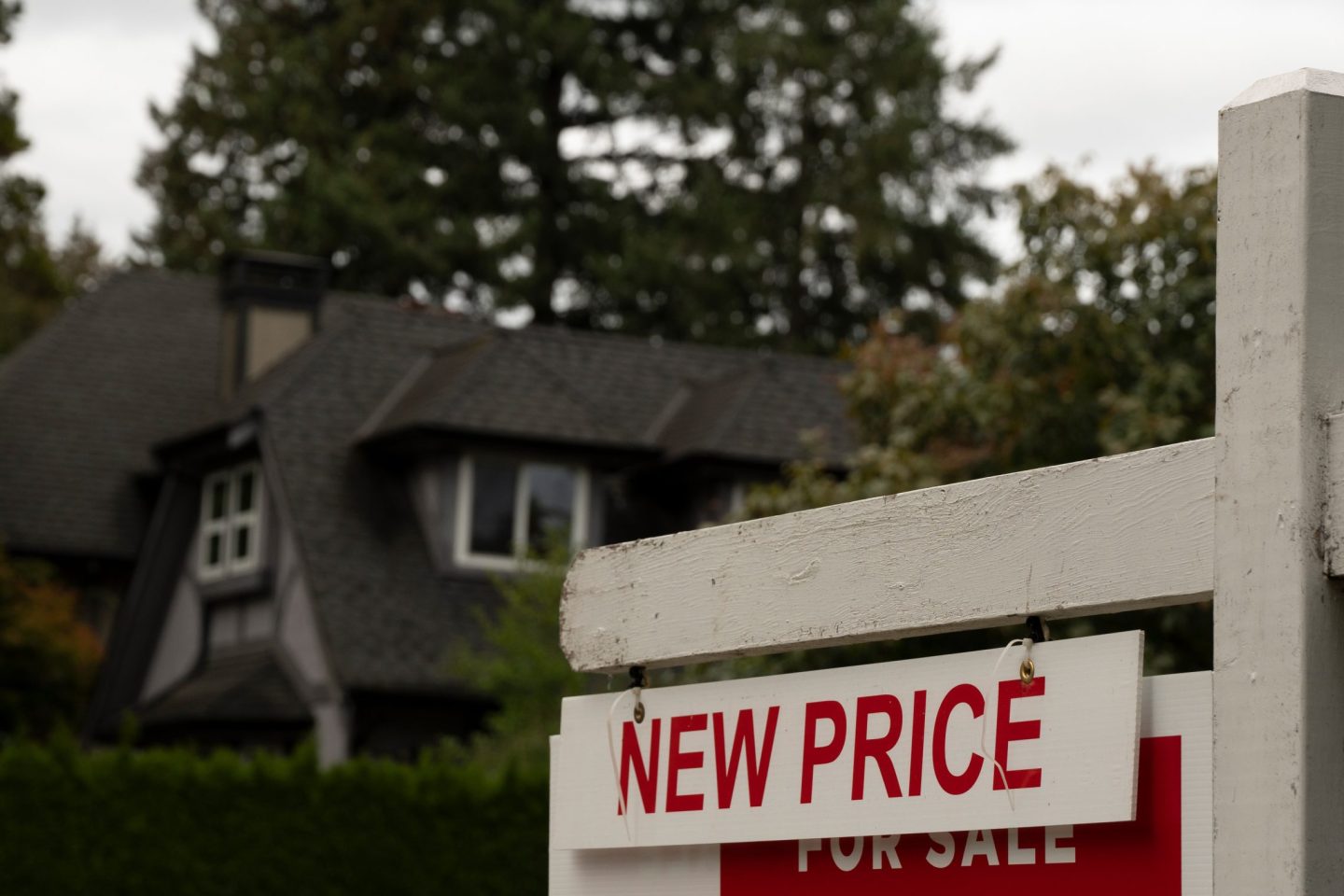When states watch and learn from each others’ policy victories, it sets the stage for national legislative action. This has played out over the past years with marijuana legalization and health care reform.
A similar process seems to be occurring with carbon pricing, which reduces climate pollution and provides incentives to expand clean energy—though it’s in an earlier stage. Could carbon pricing be the next marijuana of the policy world?
Despite a UN report warning the world that there are only 12 years left to take action to avoid the worst impacts of climate change, the federal government remains intent on rolling back environmental protections and eventually withdrawing from the Paris agreement. But giving in to inaction or delay is simply not an option.
States are going to have to step up to the plate, even in the face of opposition from the fossil fuel industry, and carbon pricing will be one of their primary methods of fighting climate change at the sub-federal level.
To do so, state legislators should study the progression of the state-level marijuana legalization movement, which began in 2012 with Colorado and Washington state legalizing recreational use. Since then, eight more states and Washington, D.C., have followed suit, the latest being Michigan in last Tuesday’s election. In addition, 33 states plus Washington, D.C., have legalized a form of marijuana (either medical or recreational). Public support for legalizing marijuana has more than doubled since 2000, with 62% of Americans now in favor of it.
Now it’s time to apply this state-by-state strategy to preventing climate change. Many eyes were on Washington state this election season, where one of the country’s most ambitious climate efforts was on the ballot. Initiative 1631 would have enacted the first statewide carbon pollution fee in the U.S., but was defeated. Big oil companies like BP and Phillips 66 spent $31 million in Washingtonto sow confusion and fear over the initiative—and yet, it still earned over 43% of the vote.
But this year’s loss isn’t stopping overall progress on carbon pricing. I am a state senator from Oregon, and one of the original members of the Carbon Costs Coalition, a group of state legislators from across the country dedicated to putting a price on carbon. Thirteen states currently have carbon pricing bills pending in their state legislatures. In Oregon, we came close to passing a cap and invest program earlier this year, and newly re-elected Governor Kate Brown and legislative leadership have expressed a commitment to pass the legislation next year.
This post-election landscape positions Oregon to lead on carbon pricing in 2019. Oregon has already legalized marijuana, and we will put a price on carbon. Once we do so, we can expect Washington’s legislature, which has become increasingly pro-environment since the election, to follow.
Additionally, some states already have cap and trade systems in place. Last year, California renewed its program with bipartisan support for another 12 years, and this year, New Jersey announced that it will rejoin nine other states in the Regional Greenhouse Gas Initiative. All of these states have falling emissions, and the initiative supports thousands of clean energy jobs in the region.
With Canada having announced a national carbon tax, the U.S. has a neighbor it can follow. As in America, Canada’s efforts began at the local level, with British Columbia and Quebec leading the way on carbon pricing until these policy was eventually adopted by the federal government.
Looking at the movement toward the legalization of marijuana, the success of the Affordable Care Act, and other grassroots state efforts, it seems that the powerful oil industry’s funding and misinformation campaigns can only hold back the public will for so long.
Michael Dembrow is a state senator in the Oregon legislature. He is a member of the Carbon Costs Coalition, which is part of the National Caucus of Environmental Legislators.










